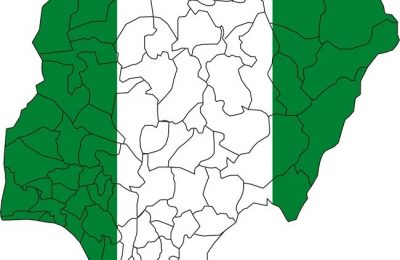
President Bola Tinubu has reiterated Nigeria’s commitment to achieving universal electricity access by 2030, emphasising the importance of energy as a catalyst for economic growth and social development.
Speaking at the Mission 300 Africa Energy Summit in Dar es Salaam, Tanzania, President Tinubu—whose address was delivered by Minister of Power Adebayo Adelabu—joined other African leaders in endorsing the Dar es Salaam Declaration, a roadmap to provide electricity to 300 million Africans within the next five years.

“This is an ambitious goal, but we can achieve it together,” Tinubu said.
“As Nigeria’s President, I am committed to making energy access a top priority. Let us work together to create a brighter future where every African can access reliable and affordable energy—a future where our industries thrive, our economies grow, and our people prosper.”
Highlighting Nigeria’s achievements, Tinubu detailed ongoing collaborations with international partners such as the African Development Bank (AfDB) and the World Bank to expand electricity access across the country.
Two-year rule and three other things to know about divorce
These initiatives include:
- AfDB Investments: $1.1 billion to electrify 5 million Nigerians by 2026 and $200 million for the Nigeria Electrification Project, benefiting 500,000 people by 2025.
- World Bank Support: $750 million to expand distributed energy access through mini-grids and standalone solar systems, targeting 16.2 million people.
- Planned Initiatives: A $700 million Desert-to-Power program and a $500 million Grid Battery Energy Storage System to electrify an additional 2 million people.
Tinubu also announced that Nigeria’s energy sector attracted over $6 billion in new investments in 2024, which his administration aims to surpass in the coming years.
ALSO READ: Afenifere seeks release of Nnamdi Kanu
The President underscored Nigeria’s investments in renewable energy, particularly solar power, and the development of infrastructure for electric vehicles (EVs).
“For example, the federal government is in the final stages of developing an EV charging infrastructure program powered by renewable energy and establishing stricter vehicle emission standards. I am pleased to announce that the first 100 electric buses are already in the country,” Tinubu said.
Additionally, the International Finance Corporation (IFC) has committed $70 million in private sector funding for five Nigerian Renewable Electricity Service Companies (RESCOs) under the Nigeria Distributed Access Through Renewable Energy Scale-Up (DARES) program, implemented by the Rural Electrification Agency (REA).
A statement issued on Tuesday by Bayo Onanuga, Special Adviser to the President on Media and Information Strategy, noted that Nigeria’s National Energy Compact, presented at the summit, outlined key targets to achieve universal electricity access. The compact focuses on:
- Expanding power generation and transmission infrastructure.
- Ensuring financially viable utilities with reliable service.
- Embracing renewable energy and clean cooking solutions for last-mile access.
- Leveraging regional integration to enhance energy supply.
According to the compact, Nigeria requires an investment of $23.2 billion for last-mile electrification, with contributions from both public and private sectors.
President Tinubu urged African leaders to work collectively to tackle energy poverty on the continent.
“Africa is rich in energy resources, yet millions of our citizens still lack access to reliable and affordable energy. This situation is unacceptable. It is our responsibility to take collective action to change this narrative,” he said.
The President has concluded his visit to Dar es Salaam, Tanzania.
The two-day summit, hosted by the government of Tanzania in collaboration with the African Union, the African Development Bank (AfDB), and the World Bank Group, adopted the Dar es Salaam Declaration.
Through the declaration, leaders from 12 countries expressed their commitment to ensuring electricity access for their citizens within the next five years.








